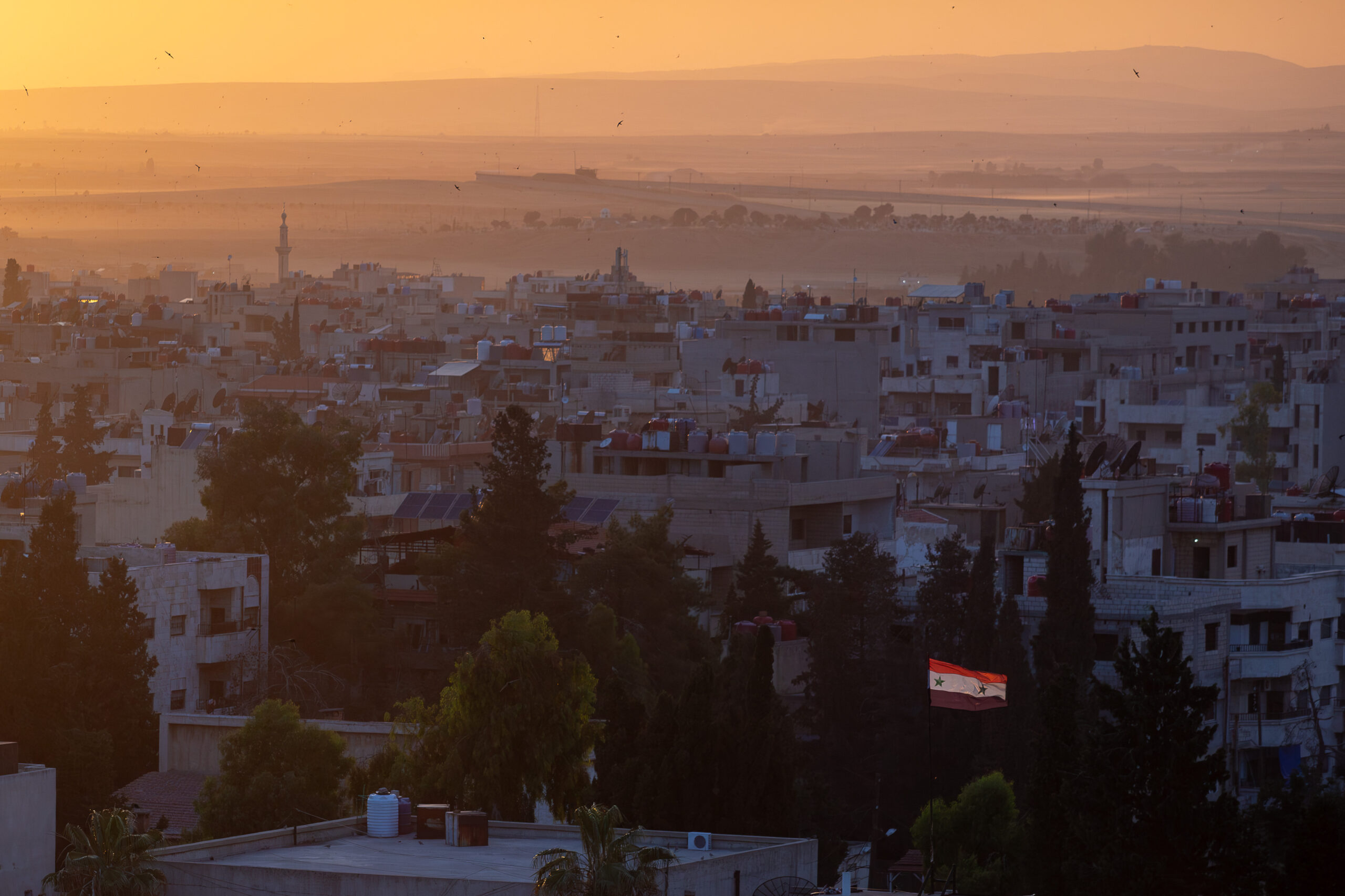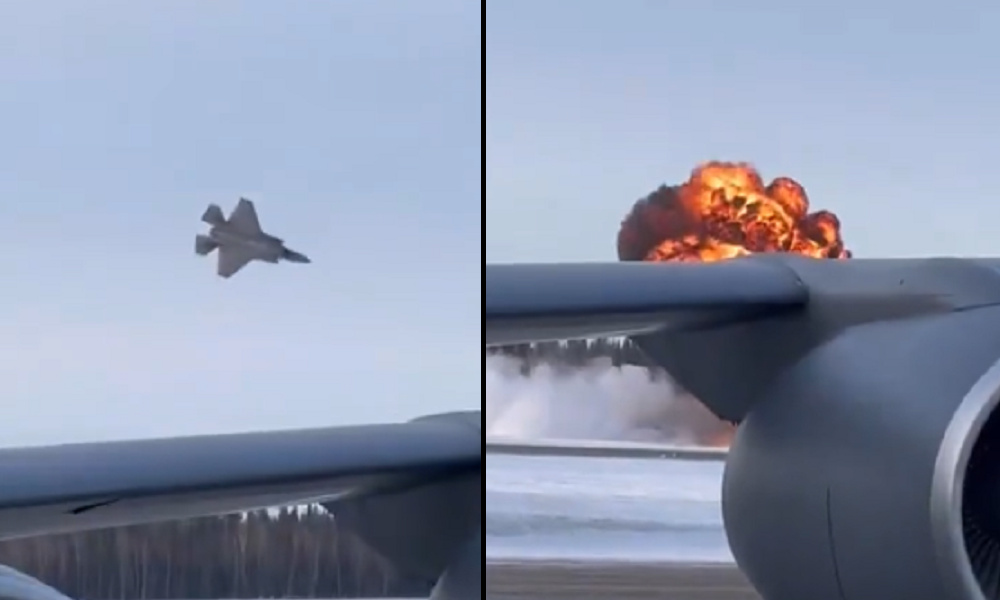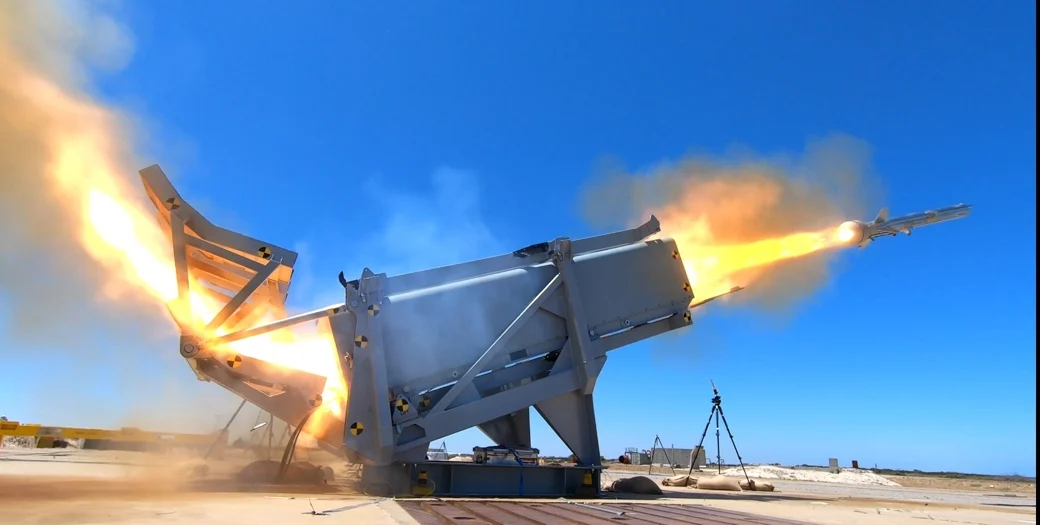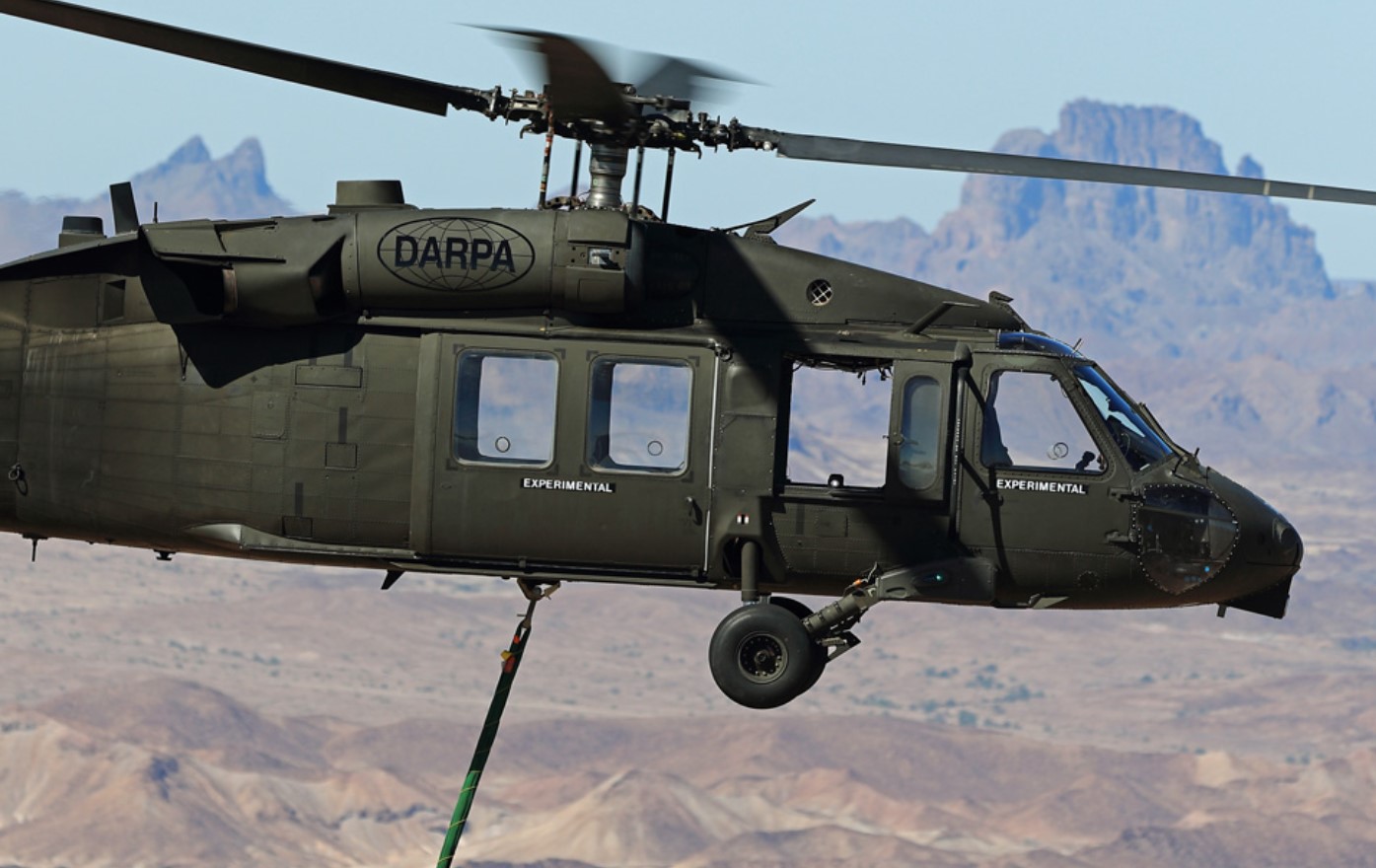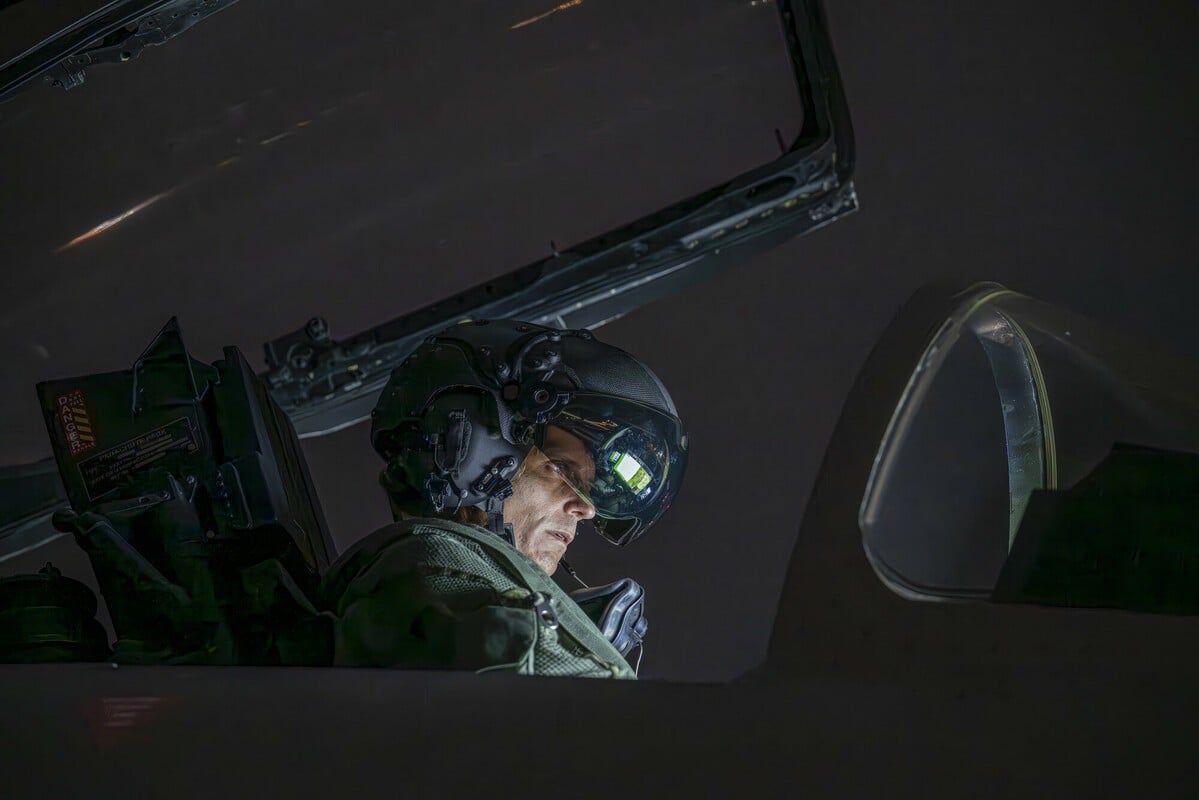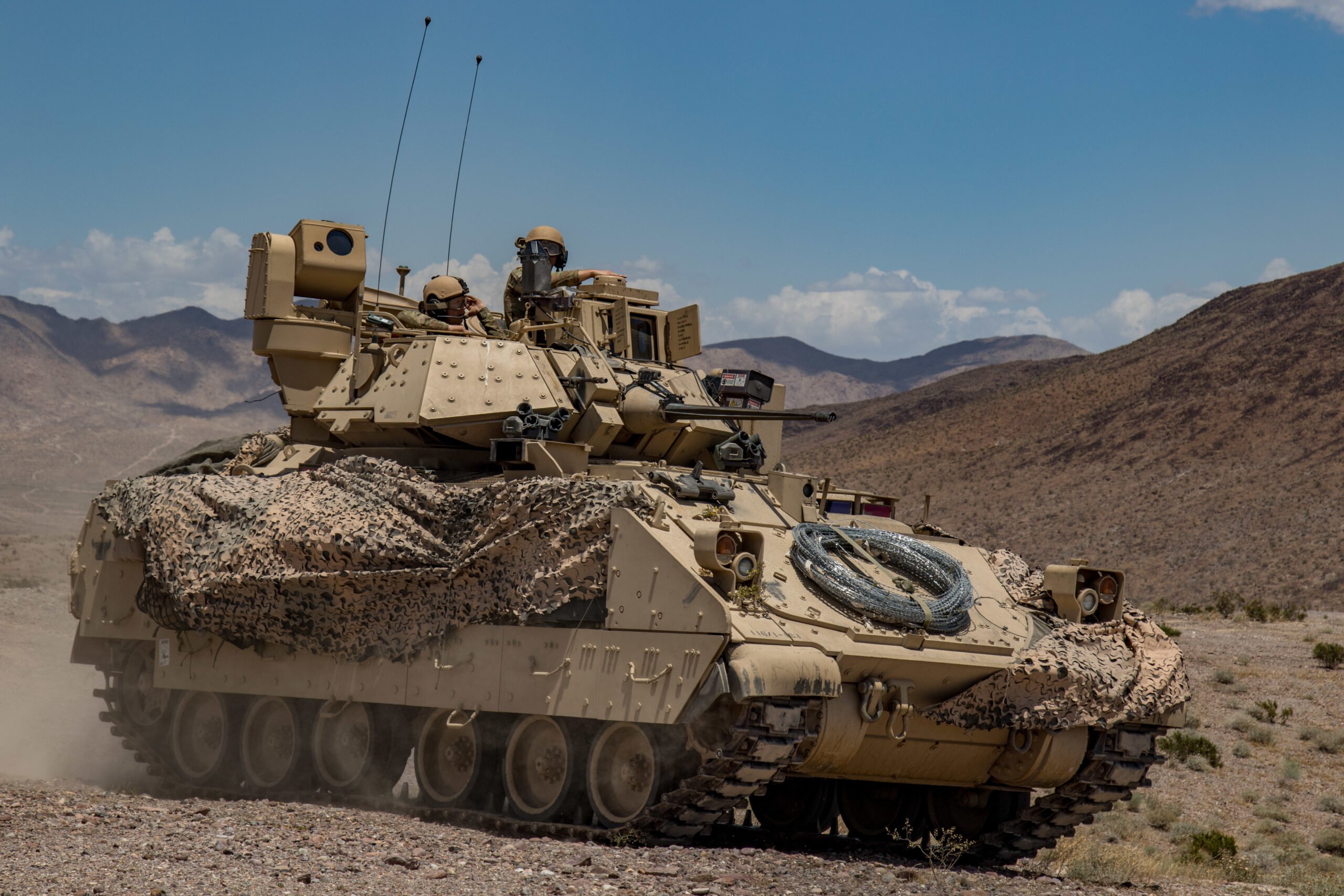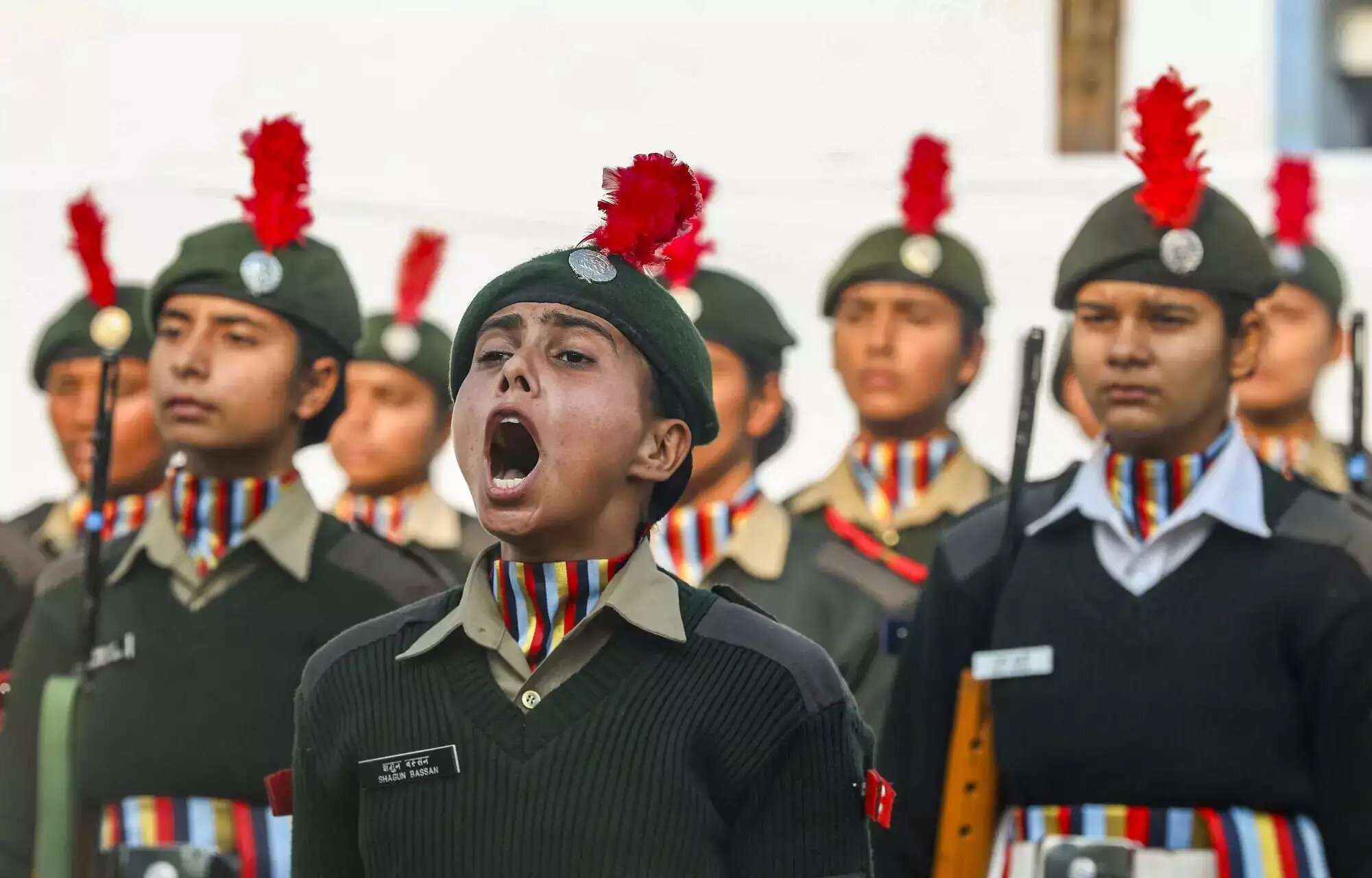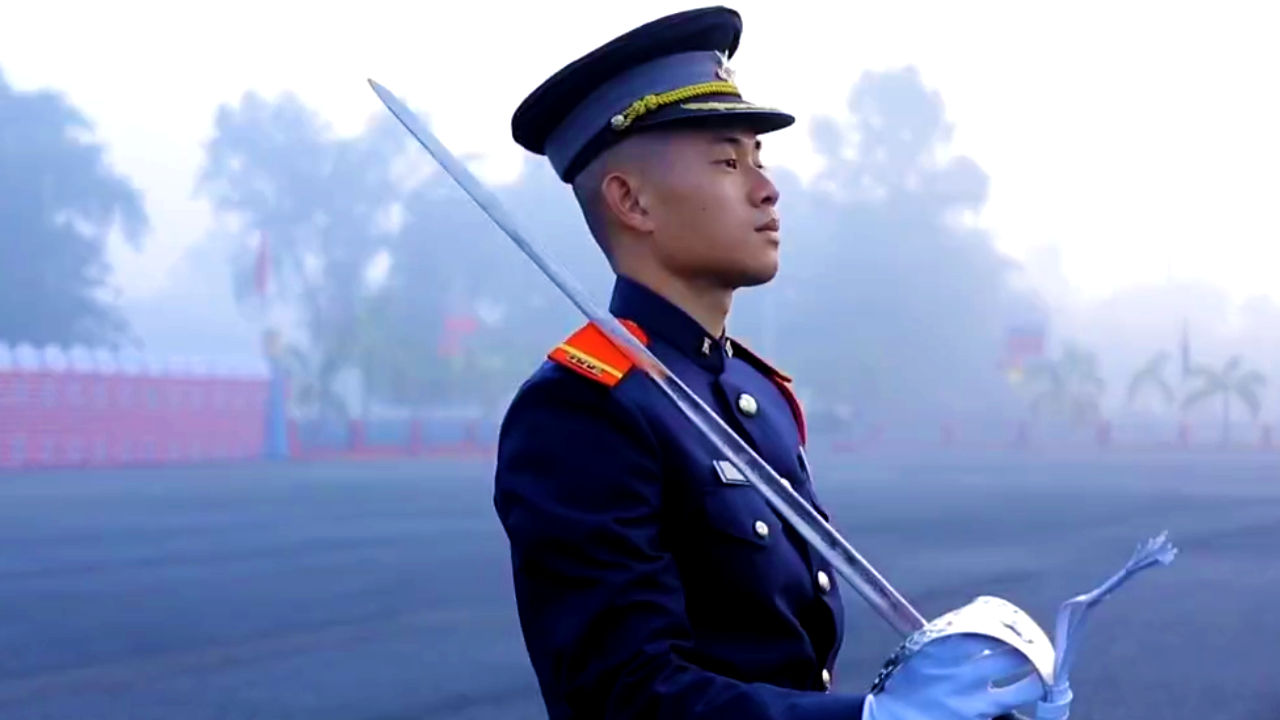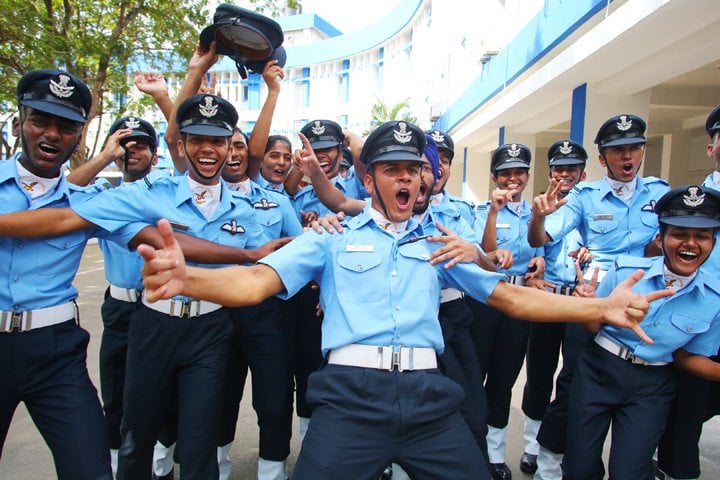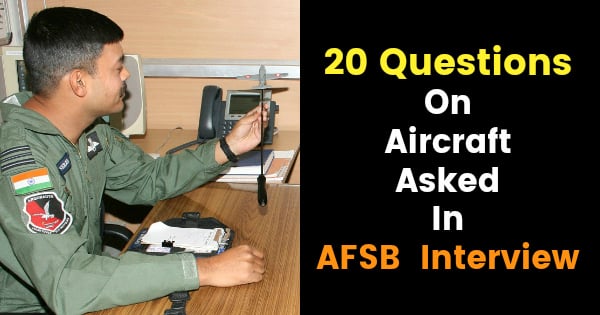A recent Turkish drone strike has claimed the lives of 11 civilians, including six children, in a Kurdish-controlled area of northern Syria, according to reports from the Syrian Observatory for Human Rights. This deadly attack took place near Ain Issa, north of Raqa, and specifically targeted a residential home. The tragic incident highlights the ongoing violence in the region and its devastating impact on civilian populations.
The strike occurred just a day after a rapid offensive led by Islamist factions resulted in significant territorial gains against President Bashar al-Assad’s government forces. The turmoil has intensified in the region, with the Observatory noting that at least 26 combatants were killed during clashes in northern Manbij on the same day. Turkey-backed Syrian fighters are reported to have launched their offensive in this area, capturing large sections of the city after violent confrontations with the Manbij Military Council, which is aligned with the US-backed, Kurdish-led Syrian Democratic Forces (SDF).
The surge in violence follows Turkey’s long-standing military focus on dismantling Kurdish forces in northern Syria, which it views as linked to the PKK (Kurdistan Workers’ Party), an organization that has led a decades-long insurgency against the Turkish state. Turkish forces and their allies have held territory in northern Syria since 2016, targeting the Kurdish fighters as part of this broader campaign.
In recent developments, Turkey-backed groups declared that they had successfully taken control of Manbij following intense battles, which were characterized by heavy clashes with local SDF fighters. Reports from the Observatory earlier in the month noted a similar dynamic, with pro-Turkish factions seizing the strategic town of Tal Rifaat, a significant location in the ongoing conflict.
Turkey’s involvement in Syria comes amid a complex backdrop of shifting alliances and power dynamics, especially following the reported weakening of President Assad’s control over key territories. Turkish officials have expressed intentions to help “guarantee security” in Syria post-Assad, emphasizing their goal of curbing the influence of Kurdish forces in the region.
This recent escalation of violence and the loss of civilian lives underline the precarious situation for communities caught in the crossfire of these conflicting interests in northern Syria, as various factions vie for control amidst an ongoing war that shows no signs of resolution.

